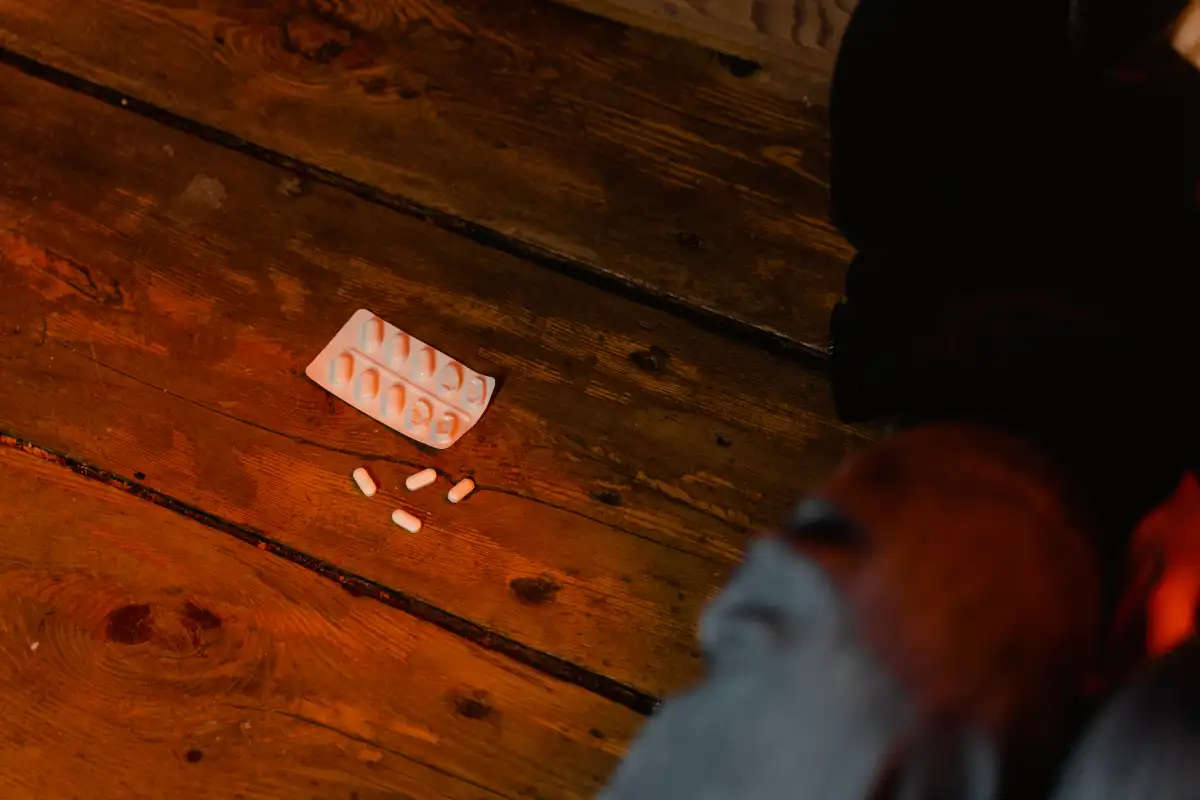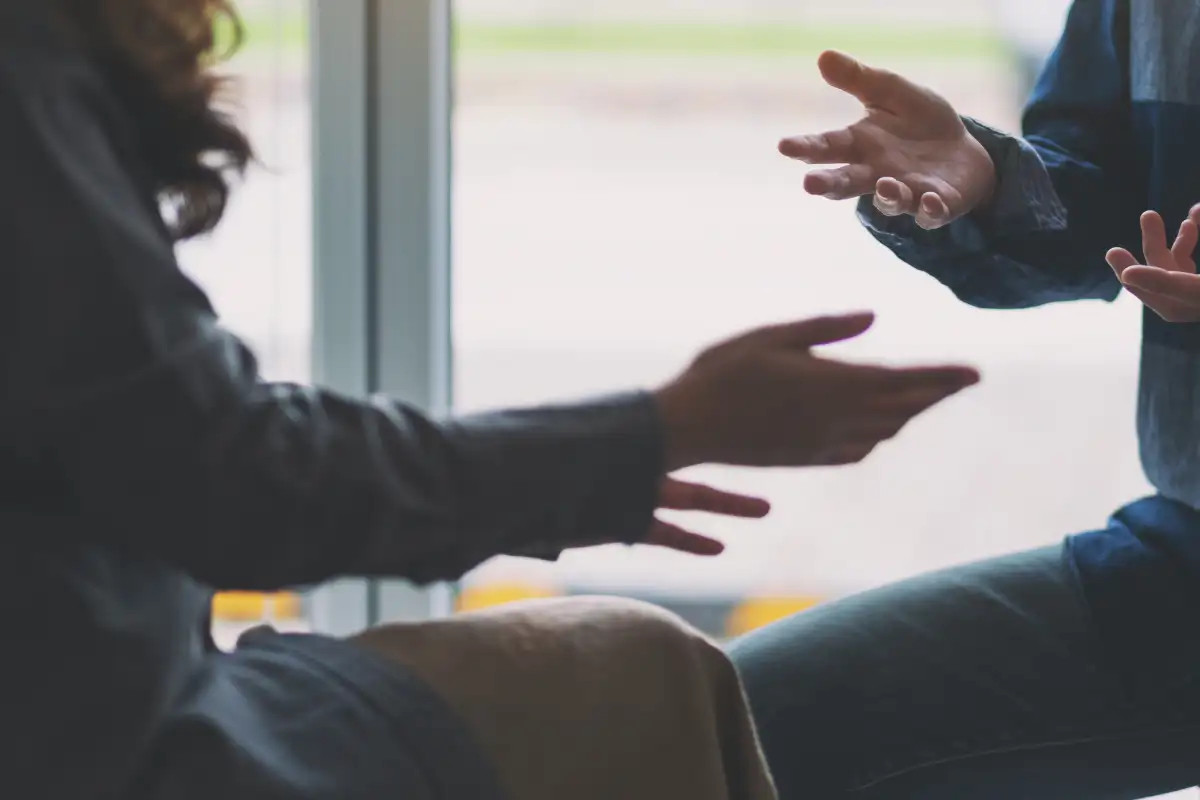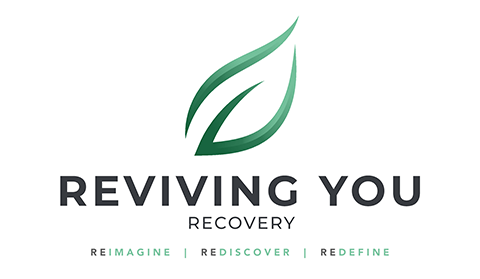Talking About Overdose Even When It’s Uncomfortable

Conversations about addiction, recovery, and overdose can be some of the hardest discussions to have—especially when they involve people we love. The word “overdose” itself carries fear, stigma, and heartbreak. But it also carries truth. And when that truth is spoken openly, it can save lives.
At Reviving You Recovery, located in Menifee, California, in the heart of the Temecula Valley, we understand how uncomfortable these conversations can be. We also know how essential they are. Overdose deaths have reached record levels in recent years, with opioids, fentanyl, and polysubstance use driving this crisis. Yet, despite the statistics, overdose remains shrouded in silence.
Talking about overdose—its risks, its warning signs, and how to prevent it—can make the difference between life and death. It can also be the spark that inspires someone to seek help, begin detox, or enter treatment.
This article explores why these conversations matter so deeply, why they’re often so difficult, and how you can approach them with compassion, honesty, and courage.
The Rising Reality of Overdose in America
Overdose isn’t a distant issue—it’s happening in every community, from large cities to small Southern California towns. According to the Centers for Disease Control and Prevention (CDC), more than 112,000 people in the U.S. lost their lives to drug overdoses in 2023. Many of these deaths involved fentanyl, a synthetic opioid up to 50 times stronger than heroin.
In the Temecula Valley and surrounding areas like Menifee, Murrieta, and Lake Elsinore, the crisis has touched families across all backgrounds and ages. First responders, hospitals, and treatment centers continue to see the devastating effects of fentanyl-laced drugs and unintentional overdoses.
Yet, even as awareness grows, silence still surrounds the issue. People fear judgment. Families feel shame. And many struggling individuals don’t reach out for help until it’s too late.
That’s why talking about overdose matters so much—because silence fuels stigma, and stigma prevents recovery.
Why Talking About Overdose Is So Hard
There’s a reason conversations about overdose feel so uncomfortable. They touch on pain, loss, guilt, and fear—emotions that are difficult for anyone to face. For families, the topic might feel like an accusation or a sign of failure. For individuals struggling with addiction, it can bring feelings of shame or denial.
Here are some of the most common reasons people avoid the topic:
- Fear of Judgment: Many worry they’ll be blamed or labeled if they talk about substance use or overdose.
- Denial: It’s painful to believe a loved one could be at risk. Denial can feel like a form of protection.
- Stigma: Addiction is still misunderstood. Too often, it’s seen as a moral weakness instead of a medical condition.
- Helplessness: Families may not know what to say or how to help.
- Trauma and Grief: For those who have lost someone, even the word “overdose” can reopen wounds.
But despite these challenges, having open conversations is one of the most loving and powerful things we can do—for ourselves, for our communities, and for those who are struggling.
The Power of Honest Conversations
Talking about overdose doesn’t just raise awareness—it opens doors. When you create space for an honest, nonjudgmental conversation, you’re telling someone, “You’re not alone. I care. There’s help available.”
These discussions can:
- Encourage someone to seek detox or treatment
- Help families understand risk factors and warning signs
- Reduce shame and isolation
- Normalize recovery as a path of strength rather than weakness
- Save lives through education and prevention
At Reviving You Recovery, we’ve seen firsthand how one heartfelt conversation can change everything. Many clients arrive at our Menifee center because someone—often a friend, parent, or partner—had the courage to speak up.
That’s why we believe talking about overdose isn’t just important; it’s essential.

Understanding What an Overdose Really Is
To talk effectively about overdose, it helps to understand what’s actually happening in the body.
An overdose occurs when a person consumes more of a drug—or a combination of drugs—than their body can safely process. This overwhelms vital systems, often slowing breathing and heart rate to dangerous levels. Without prompt medical help, oxygen deprivation can lead to brain injury, cardiac arrest, or death.
Common substances that cause overdoses include:
- Opioids: Heroin, fentanyl, oxycodone, hydrocodone, morphine
- Benzodiazepines: Xanax, Valium, Klonopin
- Alcohol: Especially when mixed with other depressants
- Stimulants: Cocaine, methamphetamine (can cause heart failure or stroke)
- Polysubstance Use: Mixing multiple drugs or alcohol dramatically increases risk
Warning signs of overdose may include:
- Slow or irregular breathing
- Unconsciousness or unresponsiveness
- Blue or gray skin, lips, or fingernails
- Seizures or confusion
- Vomiting or choking sounds
- Pinpoint pupils (in opioid overdose cases)
Recognizing these signs—and knowing how to respond—can save a life.
Get Your Questions Answered Now

How to Talk About Overdose: Tips for Families and Friends
If you’re worried about someone’s substance use, it’s normal to feel anxious about bringing it up. But silence allows addiction to grow unchecked. Here are some steps for approaching the conversation with care and compassion:
1. Choose the Right Time and Place
Find a calm, private environment where the person feels safe. Avoid times when they’re intoxicated or in crisis.
2. Lead with Empathy
Start from a place of concern, not criticism. Use “I” statements instead of “you” statements.
For example: “I’m really worried about how much you’ve been using lately. I care about you and I’m scared something could happen.”
3. Listen Without Judgment
Sometimes, the most powerful thing you can do is listen. Let them share their fears, frustrations, and pain without interrupting or offering quick fixes.
4. Educate Yourself
Learn about addiction, overdose risks, and available treatments. Knowledge helps you respond with understanding instead of fear.
5. Offer Hope and Options
Let them know recovery is possible and that help is available right now. Offer to research detox or treatment programs together.
6. Be Prepared for Resistance
Not everyone is ready to talk—or to accept help—right away. Stay patient and keep the lines of communication open. Even if the first conversation doesn’t go perfectly, it plants a seed.
The Role of Naloxone in Overdose Prevention
When discussing overdose, it’s important to talk about Naloxone (brand name: Narcan), a life-saving medication that can reverse opioid overdoses.
Naloxone works by blocking opioid receptors in the brain, quickly restoring normal breathing. It’s available as a nasal spray and is safe to use even if you’re unsure whether someone has taken opioids.
In California, Naloxone can be purchased at most pharmacies without a prescription, and many community organizations offer it for free.
At Reviving You Recovery, we encourage families, friends, and individuals in recovery to carry Naloxone and know how to use it. It’s a simple step that can save lives while you work toward long-term recovery solutions.
Moving from Overdose Awareness to Action
Awareness is the first step, but action is where change happens. If you know someone at risk, or if you’ve personally experienced an overdose, the next step is professional help.
1. Medical Detox
The detox process safely removes drugs and alcohol from the body under medical supervision. Withdrawal can be physically and emotionally challenging, especially with opioids or benzodiazepines, so professional care is essential.
At Reviving You Recovery, our detox program in Menifee provides a supportive, compassionate environment. Clients are monitored 24/7, ensuring comfort and safety throughout the withdrawal process.
2. Residential and Outpatient Treatment
After detox, entering a structured treatment program helps address the psychological and emotional roots of addiction. Therapy, peer support, and holistic healing build the foundation for lasting sobriety.
Our programs at Reviving You Recovery integrate evidence-based therapies like Cognitive Behavioral Therapy (CBT), Dialectical Behavior Therapy (DBT), family counseling, and holistic care—all personalized to each client’s needs.
3. Relapse Prevention and Aftercare
Recovery doesn’t end when treatment does. Ongoing support, sober living options, and aftercare programs help clients maintain sobriety and rebuild meaningful lives.
By moving from awareness to action, we turn painful conversations into powerful opportunities for healing and hope.
The Role of Community in Ending Silence
Overdose is not an individual problem—it’s a community issue. The more we talk about it openly, the more we can prevent it. Schools, workplaces, and neighborhoods all play a role in changing the conversation.
When communities like Menifee and the greater Temecula Valley come together to support prevention, education, and treatment access, we create safer, healthier spaces for everyone.
That’s why Reviving You Recovery partners with families, healthcare providers, and local organizations to raise awareness about addiction and overdose prevention throughout Southern California. We believe that every conversation, every moment of education, and every act of compassion contributes to saving lives.

Finding the Courage to Talk—Even When It’s Uncomfortable
The hardest conversations are often the most important ones. Talking about overdose means confronting fear, stigma, and grief—but it also means opening the door to hope, connection, and recovery.
If you’ve lost someone to overdose, talking about it keeps their memory alive and turns tragedy into advocacy. If you’re worried about a loved one, speaking up might give them the courage to seek help. And if you’re struggling yourself, admitting that you’re scared or at risk can be the first step toward healing.
At Reviving You Recovery, we see courage every day—people choosing to speak, listen, and heal even when it’s uncomfortable. That courage is what breaks the silence, ends the stigma, and revives lives.
A Message of Hope from Reviving You Recovery
Recovery begins with honesty—with saying the things that feel too heavy to say. If you or someone you love is struggling with addiction or has survived an overdose, you are not alone. Help is available, and healing is possible.
Our compassionate team at Reviving You Recovery in Menifee, California, is here to support you every step of the way. From medically supervised detox to residential treatment and aftercare, we provide the tools, guidance, and emotional support you need to rebuild your life.
You don’t have to stay silent. Talking about overdose, even when it’s uncomfortable, can be the first act of courage that leads to recovery—and the first step toward a life of gratitude, peace, and purpose.
We Accept Most Insurances
We are in network with:






We know insurance coverage can be a source of uncertainty for people. We make sure you have all the information necessary. The great news is health insurance can potentially cover the total treatment costs. If you don't have insurance, we offer cash payment options for our treatment programs and are committed to working with clients regardless of financial situations.
